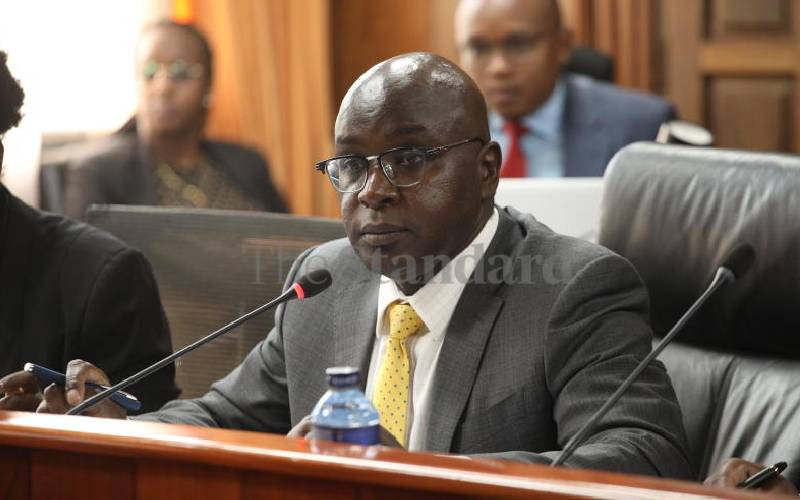×
The Standard e-Paper
Kenya’s Boldest Voice

Members of Parliament want a commission of inquiry to investigate why the Kenya Revenue Authority (KRA) subjected job applicants to HIV and pregnancy tests and disqualified 133 of them after turning positive.
The MPs further want the commission of inquiry to investigate the skewed hiring of 1,406 revenue service assistants.
